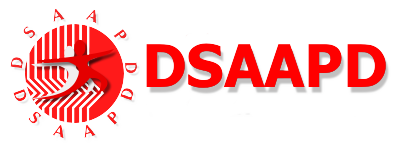Effective Communication with People with Disabilities
Different disabilities among adults may present a different and dynamic approach for establishing an effective channel of communication. This presents the importance of identifying what specific disability does the person possess in order to properly address it.
Communication is an essential way of exchanging ideas and thoughts over certain matters. While majority opt to use words as a method of communication, there are some whose capabilities of executing similar means are limited. This is the reason why they tend to find some alternative ways to express their messages such as the use of sign language or making use of a pen and paper for scribbling.
When dealing with people with disabilities, it is important to know how to communicate effectively with them as their condition might solicit an abrupt rise in emotions when the thoughts and words that comes out from your mouth is differently interpreted and misunderstood.
For an effective communication, grab the opportunity to introduce yourself first as this can help you establish a trusting relationship with the person you’re interacting with, considering the fact that it would be more comfortable to talk to somebody whom you knew rather than to strangers.
You could also extend out an invitation for a handshake. This will also solicit an idea that you are opening yourself for communication and also present a welcoming sign for his possible opinions.
Talk to the person directly for him to know that he is really the one you’re talking to. As much as possible maintain eye contact with the person in front of you. Such act can give him the idea that you are attentively listening to him and somehow pose a sign of interest to what he is saying.
When the person in front of you is currently talking, pay attention to what he is saying. This is a form of respect which any individual deserves to have. Most especially with these groups, respect is much needed to be shown, for them not to feel so differently just because of their disabilities.
Speak clearly. Nothing beats clearly spoken words in order to avoid any form of misunderstanding which could possibly harbor some negative emotions.
Politely ask whether the person in front of you has some questions or in your part, politely ask him if there are some things whose meanings are not vivid and therefore need further explanation or clarification.
Effective communication does not only establish a trusting relationship between a person with disability and his health provider but it will also be a means by which needs are addressed and assistance will be offered accordingly.





